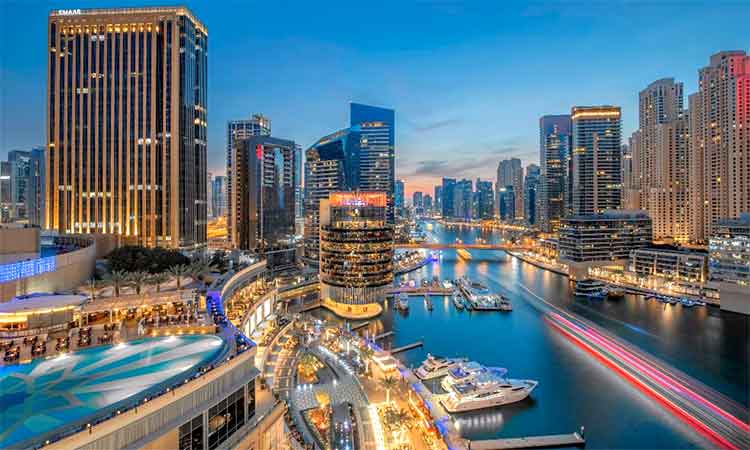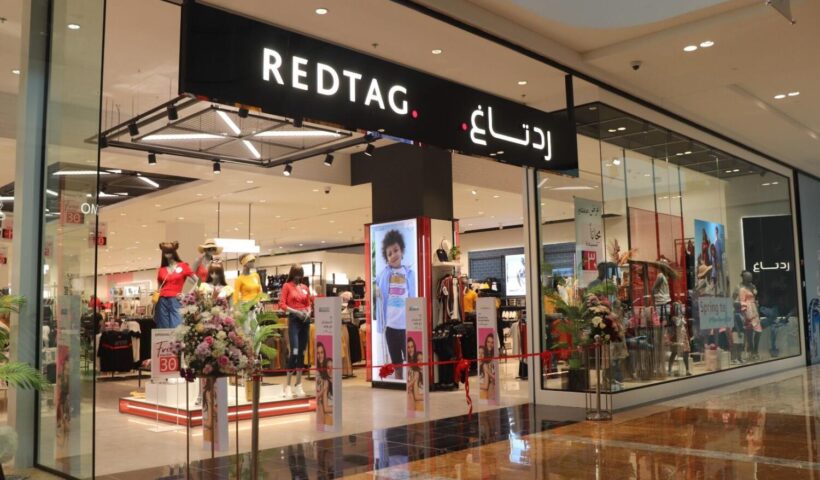Mohammad Ali Rashed Lootah: “Strengthening our standing in the European market reflects a further significant milestone that will allow us to capitalise on the possibilities generated by the Dubai Economic Agenda and bring us nearer to achieving the objectives of the emirate’s five-year foreign trade plan.”
“Our new office in Milan is set to drive further growth in Dubai’s non-oil trade with Italy and other European countries, as well as greater strategic investments from businesses in both markets,” says a statement from the company.
“We are happy to see the establishment of a representative office for Dubai International Chamber in Milan,” said Naser Al Khaja. This underscores our shared objective of fostering links and economic prospects, as well as creating a network of trade and investment between two vibrant markets.
The Milan office will cultivate close ties with significant players in the public and private sectors and offer the Italian business community highly targeted help.
The opening of the new office is a component of the ‘Dubai Global’ strategy, which aims to draw new business, investment, and talent to the emirate while facilitating the expansion of Dubai-based enterprises into key worldwide markets.
In 2022, bilateral non-oil commerce between Dubai and Italy reached AED 33.7 billion, an increase of 7% from the previous year.
During the first seven months of 2023, 228 new Italian firms registered with the Dubai Chamber of Commerce, up 49% over the corresponding time in 2022. With the recent additions, there are now 1,758 member companies from Italy overall.
To promote commerce and investment between Dubai and Italy, the Dubai International Chamber, one of the three chambers functioning under the Dubai Chambers umbrella, opened a new representative office in Milan. Following the opening of its London office in June, the opening further expands the chamber’s footprint in Europe and brings the total number of its international representative offices up to 23 worldwide.
The opening of the new office is a component of the ‘Dubai Global’ initiative, which was unveiled by His Highness Sheikh Hamdan bin Mohammed bin Rashid Al Maktoum, Crown Prince of Dubai and Chairman of the Executive Council of Dubai, and aims to create a networked system of 50 representative offices globally by 2030.
The project aims to facilitate the international expansion of Dubai-based businesses into 30 priority countries while strengthening Dubai’s status as one of the top commercial centres in the world by luring investments, talent, and new business to the emirate.
Naser Al Khaja, Charge d’affaires at the UAE Embassy in Italy, and Salem Al Shamsi, Vice President of Global Markets at Dubai Chambers, participated in the official inauguration ceremony for the Milan office in the presence of esteemed members of the Italian business community.
Strengthening our footprint in the European market constitutes another crucial step that will allow us to take advantage of the opportunities presented by the Dubai Economic Agenda and bring more businesses to the region to achieve objectives of emirates five year foreign trade plan, said Mohammad Ali Rashed Lootah, President and CEO of Dubai Chambers.
Our new office in Milan is expected to spur additional strategic investments from companies in both markets as well as further expansion in Dubai’s non-oil commerce with Italy and other European nations. I have faith that this strategic opening will further strengthen our already close bilateral ties.
“Over the years, the UAE has successfully built strong relationships with Italian companies and institutions,” said Naser Al Khaja, Charge d’affaires of the UAE Embassy in Italy. With the inauguration of the Dubai International Chamber’s representative office in Milan, we are happy to see how these collaborations have grown. This affirms our shared objective of fostering ties and business prospects between the two nations as well as creating a network of trade and investment between them.
In accordance with the UAE’s comprehensive vision and its balanced approach to economic and social development, he continued, “I think efforts such as these help in improving the distinguished connection between the UAE and Italy, drawing mutual investments, and establishing new partnerships and business projects throughout a variety of key knowledge- and innovation-driven sectors.
The Milan office, the ninth international representative office for the chamber to establish since the year’s beginning, will foster close ties with significant public and private sector players and provide a wide variety of assistance to the Italian business community.
The opening contributes to the objectives of the ‘Dubai Global’ initiative, which aims to draw foreign businesses, SMEs, investors, and international talent to Dubai by showing the emirate’s competitive advantages, sharing market intelligence, and enhancing engagement with important international stakeholders.
Dubai and Italy’s bilateral non-oil commerce reached AED 33.7 billion in 2022, an increase of 7% from the previous year. The number of Italian member businesses at Dubai Chamber of Commerce increased by 228 over the course of the first seven months of 2023, a 49% rise over the same period in 2022 and bringing the total to 1,758.
Machinery, precious stones and metals, aluminum, tobacco, auto parts, footwear, and leather goods are some of the major trade industries between the UAE and Italy. By seeing and seizing on fresh trade and investment opportunities in sectors including pharmaceuticals, agribusiness, the automotive industry, and consumer goods, Dubai International Chamber seeks to further strengthen the commercial links between the two nations.
Due to its advantageous location and top-notch logistical infrastructure, Dubai has become a top trading location for Italian businesses with international aspirations. The emirate provides easy access to more than 2.2 billion consumers and acts as a springboard for Italian companies to grow their presence throughout the Middle East and beyond. As part of its efforts to increase non-oil international trade to AED 2 trillion by 2026, in line with the challenging goals of the emirate’s five-year trade plan, Dubai International Chamber remains committed to enhancing bilateral trade and investment with Italy.










